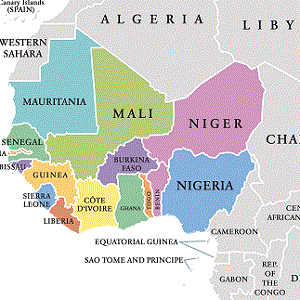A recent study published in the New England Journal of Medicine has uncovered a significant genetic risk factor for chronic kidney disease (CKD) among West African populations. The research, presented at the American Society of Nephrology Kidney Week meeting, sheds light on the persistent health disparities affecting people of African ancestry.
The study, conducted by the H3Africa Kidney Disease Research Network, examined over 8,000 individuals from Ghana and Nigeria. Researchers found that more than 40% of participants carried APOL1 gene variants linked to increased risk of chronic kidney disease. This prevalence is notably higher than the 13% reported in African Americans in the United States.
Dr. Rasheed A. Gbadegesin of Duke University Medical Center, the study’s lead researcher, emphasized the importance of these findings in understanding the drivers of kidney disease disparities. While factors such as structural racism and healthcare access play roles, this study highlights the significant impact of genetic factors.
The research revealed a “dose-dependent” risk, with individuals carrying two APOL1 risk alleles facing 25% higher odds of CKD compared to those with one or no risk alleles. This genetic predisposition may explain the higher rates of kidney disease observed in African American communities.
Interestingly, the distribution of high-risk genotypes varied within West Africa, with some regions showing prevalence as high as 50%. This variation suggests complex genetic patterns that may influence kidney disease risk across different African populations.
These findings underscore the need for targeted interventions and genetic screening in West African communities. As kidney disease continues to disproportionately affect minority populations, understanding these genetic factors is crucial for developing effective prevention and treatment strategies.
See “Kidney Disease Genetic Risk Common in West Africans” (October 29, 2024)



